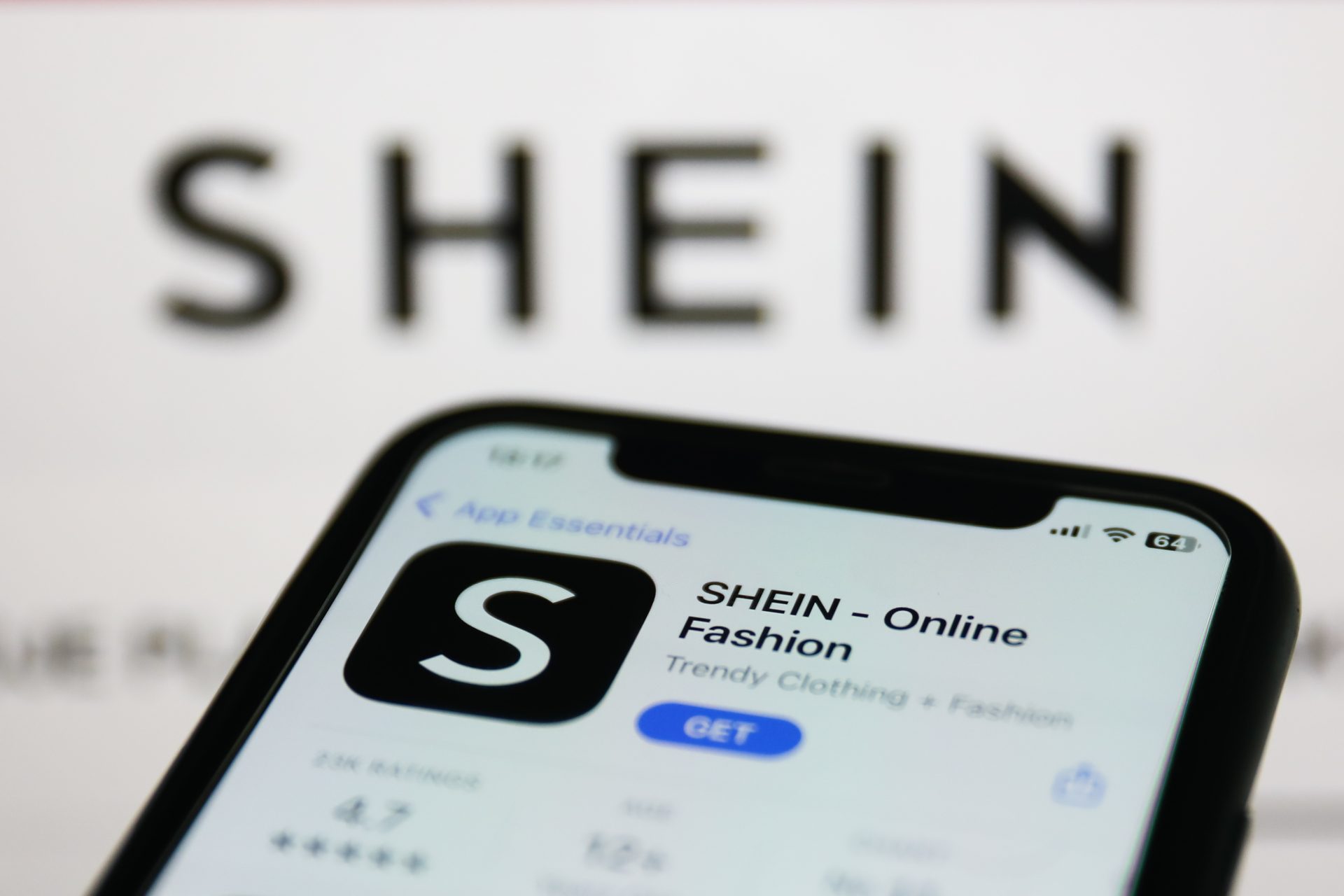
Fast fashion brand SHEIN has been named the defendant in a newly-filed 52-page lawsuit. According to The Fashion Law, the suit alleges SHEIN is committing “intellectual property theft from U.S. designers large and small.”
RELATED: Quinta Brunson & ABC Sued For Copyright Infringement Over TV Show ‘Abbott Elementary’
Details Of The Civil Complaint Filed Against The Fast Fashion Company
According to Court Listener, the suit, Perry v. Shein Distribution Corporation, was filed on Tuesday, July 11, in a California court. Additionally, the “cause” of the suit is listed as the “Racketeering (RICO) Act.” The “nature of the suit” is listed as “Racketeer/Corrupt Organization.”
The Fashion Law adds that the suit was filed by three independent designers. Their names are Krista Perry, Larissa Martinez, and Jay Baron.
The group alleges that the fast fashion company and “various related entities” produced, distributed, and sold “exact copies of their creative works.” Furthermore, the plaintiffs allege this process is “part and parcel of Shein’s ‘design’ process and organizational DNA.”
“…[t]here is no Coco Chanel or Yves Saint Laurent behind the Shein empire. Rather, there is a mysterious tech genius, Xu Yangtian aka Chris Xu… [who has made Shein] the world’s top clothing company through high technology, not high design.”
Perry, Martinez, and Baron insist that SHEIN has utilized a “secretive algorithm.” They allege that the algorithm allows the company to predict “fashion trends.” This algorithm then allows SHEIN to imply “corporate structure,” “production,” and “fulfillment schemes” to create “exact copies” of independent designer’s clothing.
Additionally, the plaintiffs explained that the “copied” clothing then generates the company “millions of dollars” in sales while greatly damaging “an independent designer’s career.”
“Shein’s artificial intelligence is smart enough to misappropriate the pieces with the greatest commercial potential.”
New copyright/RICO lawsuit against Shein accuses the business of operating as a “dizzying and ever-changing decentralized amalgamation of companies.”
Plaintiffs say Shein is run by “a mysterious tech genius, Chris Xu, about whom almost nothing is known.”
1/ pic.twitter.com/3c2aMS9Gc6— Rob Freund (@RobertFreundLaw) July 11, 2023
The Plaintiff’s Accuse SHEIN Of Committing Trademark & Copyright Infringement “Every Day”
According to The Fashion Law, the plaintiffs acknowledge that it would be “impossible” to prove their theory without further investigation. However, they believe that SHEIN’s “pattern of misconduct” and “commission of new copyright and trademark infringements” is occurring “every day.”
Furthermore, the plaintiffs even share a theory of how SHEIN’s alleged actions go “unnoticed.”
According to them, SHEIN “produc[es] very small quantities of [its] item for sale,” with amounts ranging between “100-200 units per SKU.” This low production of particular designs allows the fast fashion brand to “wait to see if anybody complains that the design was stolen.”
If SHEIN receives a complaint, it can “swiftly” settle the dispute.
“When Shein copies a small or independent designer, the most likely outcome (without brand protection specialists and specialized software on the lookout) is that the infringement will go unnoticed. Under those circumstances, Shein reaps all the benefits of stealing and featuring the design that its technology had identified as valuable enough to take: it makes sales and keeps it customers’ eyes glued to the Shein site and app for that much longer. And if customer demand justifies it, the item is reordered, and more are sold (now that the coast has been determined to be clear).”
The Justification Of The Lawsuit’s RICO Component & Resolution Requested By The Plaintiffs
Furthermore, the lawsuit alleges that since these allegations against SHEIN have also been cited in prior suits against the company, and since SHEIN has carried out its alleged “criminal activity” with “various related entities,” the “racketeering” citation is justified.
“[The company’s alleged misconduct] is committed not by a single entity, but by a de-facto association of entities, [and] just as intended by Congress, the same decentralization that facilitates Shein’s criminal infringement and other racketeering activity, renders individual components of the enterprise, such as the defendants, liable under civil RICO.”
Lastly, the three plaintiffs allege that SHEIN’s misappropriation of their designs has caused them “substantial” and lasting “damage.” This includes lost profits and a “diminishment in the value of their designs and art, their rights, and their reputations.”
Perry, Martinez, and Baron seek “monetary damages to be determined at trial” and an order to cease SHEIN from further engaging in “misconduct.”








